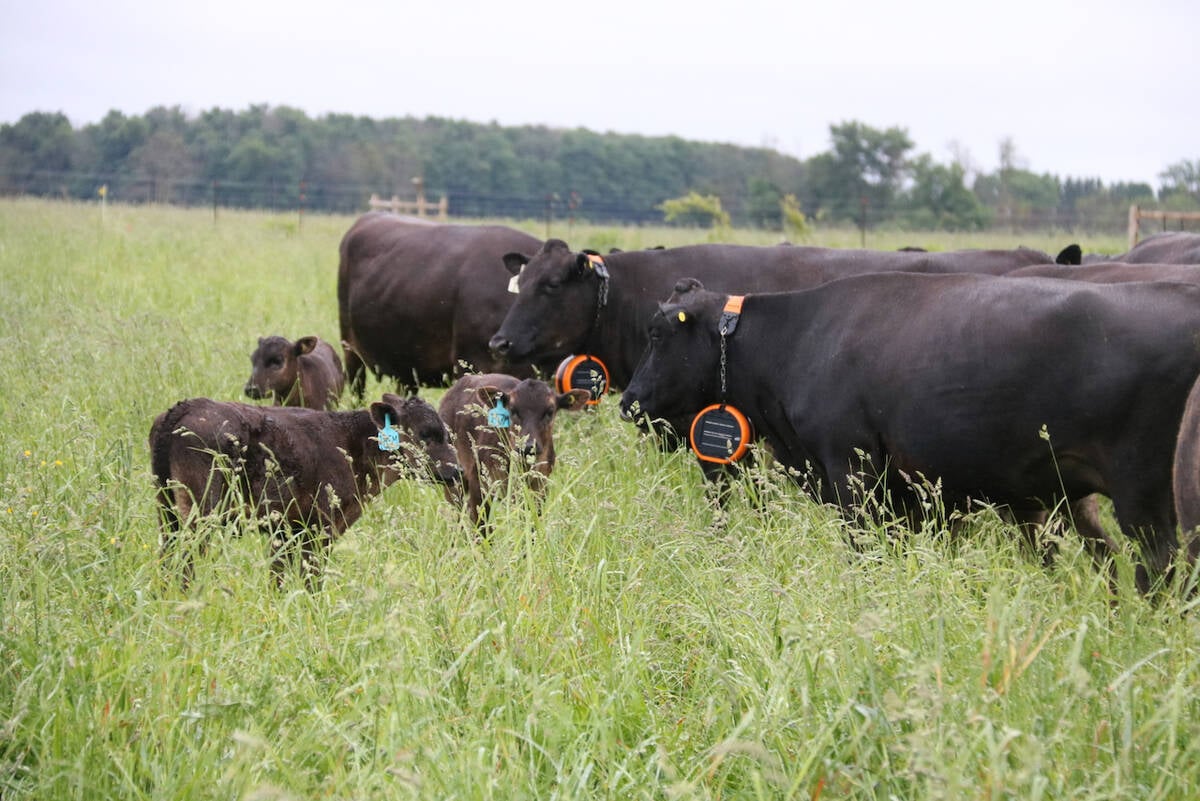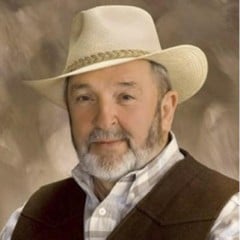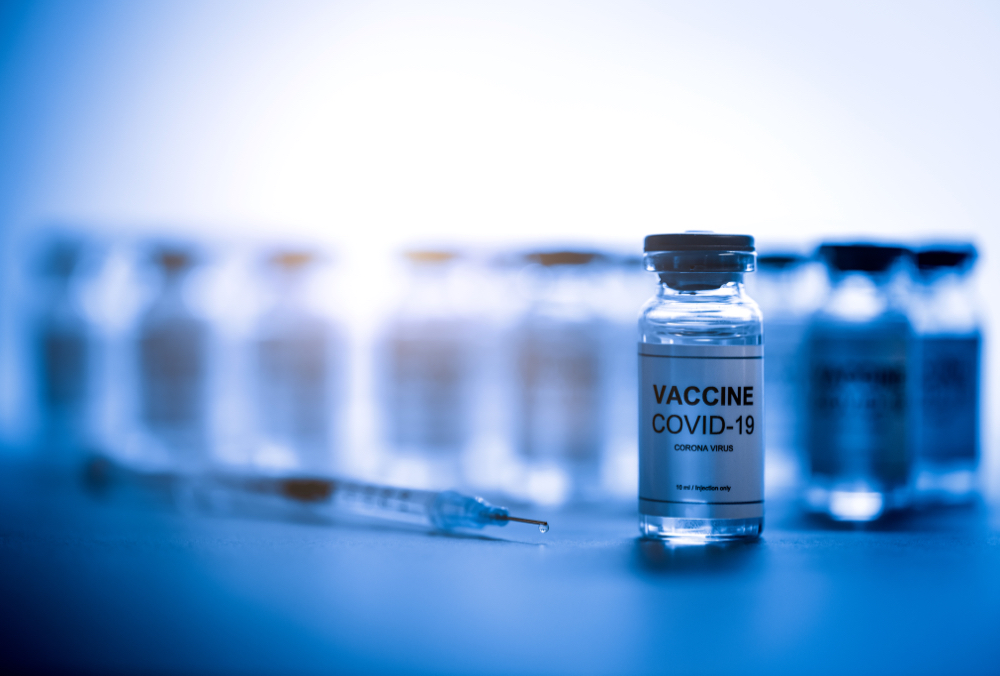The Canadian Veterinary Oath states the following:
As a member of the veterinary medical profession, I solemnly swear that I will use my scientific knowledge and skills for the benefit of society.
I will strive to:
- Promote animal health and welfare,
- Prevent and relieve animal suffering,
- Protect the health of the public and the environment, and advance comparative medical knowledge.
Read Also

Connecting marbling scores in Japanese and Canadian grading systems
Research into whether Canadian marbling scores can predict Japanese marbling scores
I will perform my professional duties conscientiously, with dignity, and in keeping with the principles of veterinary medical ethics.
I will strive continuously to improve my professional knowledge and competence and to maintain the highest professional and ethical standards for myself and the profession.
For over 50 years the oath as cited proffered guiding principles to live by. I’m not a saint, or even someone who might walk in the shadow of sainthood, but I believe it is only proper to do the right things when one is called to make choices. The right things are not always the easiest to do.
I write this article at a time when it has become difficult to function normally because the tumult of a pandemic that killed millions around the world continues its assault. In North America, it emerges as the fourth wave of death and sickness despite the availability of vaccines that are being shunned by a significant percentage of the population, a menace that endangers others. Fighting vaccination is a declaration of an intention that threatens to collapse our medical system — already in a malaise after a two-year battle with COVID-19.
More specifically, my plea goes out as a veterinarian encouraging the reticent to reconsider joining the ranks of the vaccinated to help rid the world of a terrible pandemic. Vaccination isn’t perfect, never has been, never will be, but vaccination advances the chances of recovery. We must remember influenza, smallpox and polio.
Several events prompt me to write:
- Professionals who should possess the scientific capacity to understand, yet shun reality.
- The death of a friend from COVID who denied vaccines could help protect us.
- Alberta presently running out of intensive care beds and talking about triage. Decisions where humans are asked to balance chances of survival versus the risk of death. Do the unvaccinated deserve scarce ICU beds?
- A beautiful, moving, First Person essay, written by Dr. Raiyan Chowdhury, an intensive care doctor at Edmonton’s Royal Alexandra Hospital.
Raiyan Chowdhury’s First Person essay, published on CBC Edmonton’s website, is a letter to an unvaccinated patient on life support at Edmonton’s Royal Alexandra Hospital. Passages from Chowdhury’s essay follow:
“The rhythm (of the respirator) filling the silence … It’s almost peaceful if it weren’t so mechanical. It’s almost soothing if it didn’t mean your life was so fragile. This ventilator and its cadence being the only thing that separates your life here and now from what lies beyond.
“How did it come to this? Was it fear of the vaccine? Or narcissism? Or are you simply another victim of misinformation? We want to scream … If it would make a difference.
“But we feel as silent as you,” Chowdhury writes.
“… And after 16 months, it seems Albertans are tired of hearing from us.
“… In another time and place, I feel that I would have wanted to be your friend. That you could perhaps teach me about what’s important in life and family.
“So why does it feel right now that we are so different? Now that we are on different sides of a war — one vaccinated and one not.
“… What kind of society have we become when charlatans on social media have good people willing to risk everything based solely on their manipulative words,” Chowdhury asks.
Tim Caulfield is a Canadian professor of law at the University of Alberta, the research director of its Health Law Institute, and current Canada research chair in health law and policy. He specializes in legal, policy and ethical issues in medical research and its commercialization.
In his view, anti-vaccine sentiment is strongly associated with conspiracy thinking and protection of individual freedoms, traits that are finding a home among far-right groups.
According to Caulfield, effective debunking of misinformation includes:
- Providing the science.
- Using clear and shareable content.
- Trustworthy and independent references.
- Noting scientific consensus as it evolves.
- Being nice, authentic, empathetic and humble.
- Using creative narrative.
- Highlighting gaps in logic and rhetorical tricks.
- Making facts the hook (not the misinformation).
- Remembering that the general public is the audience (not the hardcore deniers).
Nancy Gibbs is the director of the Shorenstein Center on Media, Politics and Public Policy at Harvard University and a former editor-in-chief of Time magazine.
“Compassion fatigue is a rising condition, as public sympathy for unvaccinated COVID-19 patients sinks beneath the weight of news reports. Need brain surgery? Across North America, brain and heart surgeries are being postponed for lack of intensive care unit beds,” she writes in the Washington Post.
The backlash, American style, as Gibbs outlines in her essay:
- Doctors discussing the possibility of not treating unvaccinated patients, or even publicly announcing they won’t do so.
- U.S. governors making statements such as, “it’s time to start blaming the unvaccinated folks” for the jump in cases.
- People on social media posting “thanks for playing the natural selection game” upon the deaths by COVID of celebrities who previously mocked vaccines.
- The “silent majority,” from business leaders to health care workers, leaning toward making the unvaccinated pay for holding everyone else hostage.
Gibbs is against denying treatment based on vaccination status, but empathy is not an unlimited resource. If we can’t get this thing under control, the Canadian medical system may find itself following suit.

















